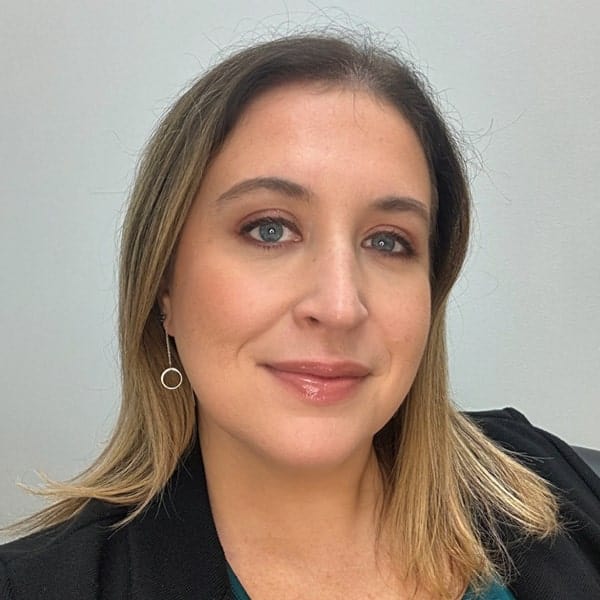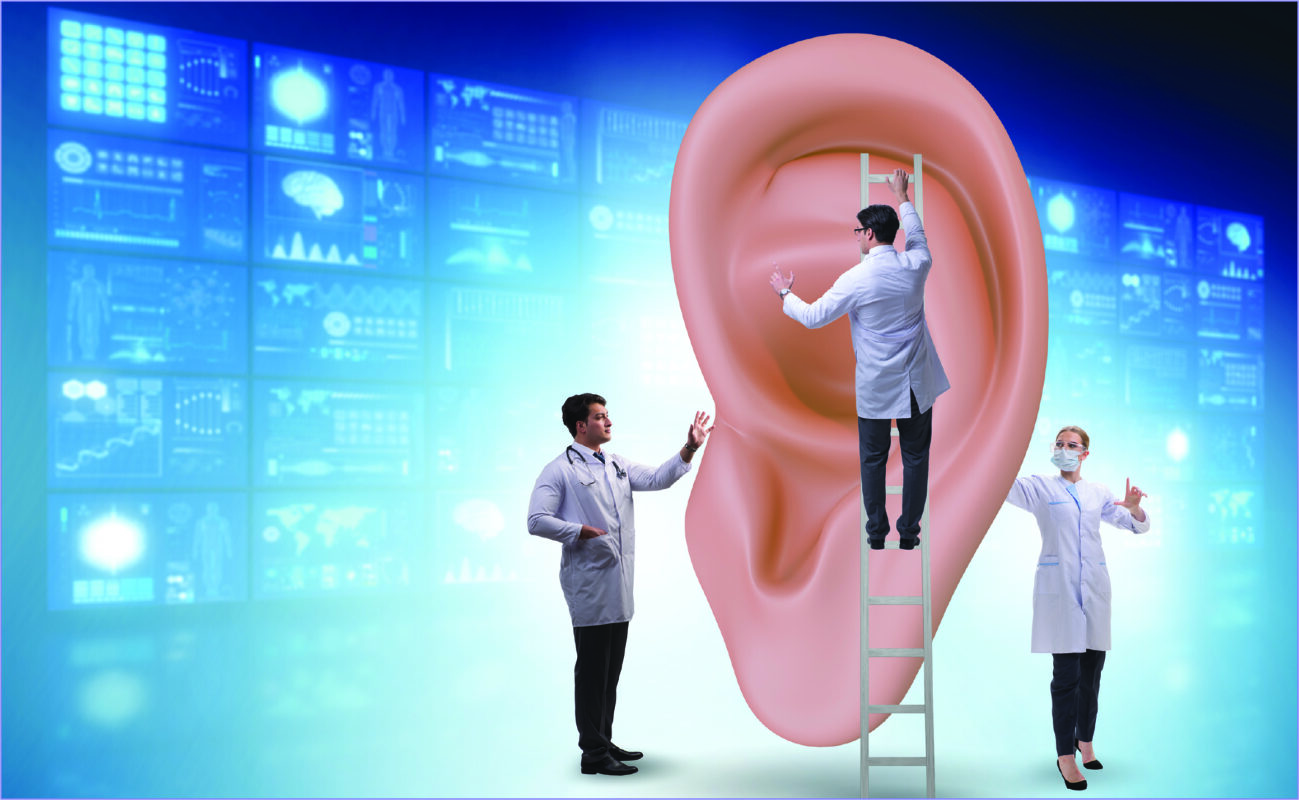This article is a part of the July/August 2025, Volume 37, Number 4, Audiology Today issue.

President
When we think about what defines us as audiologists, we often focus on patient care, clinical excellence, and lifelong learning. But increasingly, one of our most important responsibilities is advocacy. It is no longer something we consider only if we have extra time; it is a professional imperative. If we want to shape the future of audiology—rather than have it shaped for us—we must all play a role in telling our story and protecting our place in health care.
I’ll admit, I didn’t always picture myself engaging in politics. As an undergraduate at The George Washington University in Washington, DC, I used to joke that I was the only student who never took a political science class. While my peers were immersed in policy debates, I was focused on hearing science and preparing for audiology graduate school. I never imagined advocacy would become one of the most rewarding aspects of my professional life. Later, during my master’s in Public Health program, courses in advocacy and health policy opened my eyes to how deeply policy influences what we do as audiologists.
I genuinely enjoy writing to legislators and participating in advocacy visits. There is something empowering about engaging in the democratic process and educating decision-makers on the importance of audiological care. Whether in person at Capitol Hill, at a state Capitol, or virtually from your office, these conversations matter. They remind us that our collective voice makes a difference. As a faculty member, I encourage students to get involved early so they understand how vital their voices are in shaping policy.
We are at a pivotal moment as the health-care system is evolving rapidly, and audiologists must be part of the conversation. Otherwise, we risk being excluded from critical decisions around reimbursement, scope of practice, and access to care. Legislative activity at both the state and federal levels can significantly impact our profession. Some bills focus directly on audiology, like the Medicare Audiology Access Improvement Act (MAAIA). Others are more indirect but still pose real consequences. For instance, a recent Florida bill sought to restrict the use of the title “doctor” in clinical settings to physicians only. Though it did not pass, it could have seriously impacted audiologists with doctoral degrees. This underscores why we must stay engaged, even when the legislation does not specifically name us.
MAAIA, jointly supported by the Academy, the American Speech-Language-Hearing Association, and the Academy of Doctors of Audiology, is a critical piece of bipartisan legislation. It would allow Medicare beneficiaries direct access to audiology services without physician orders, classify audiologists as Medicare practitioners, extend telehealth coverage, and support the full scope of our practice. Its passage would be a significant milestone, not just for patient access, but also for the recognition of our expertise and value within the health-care system.
Advocacy does not require a title or a background in policy. It starts with a conversation, a letter, a visit, or simply educating your community about what we do. There are tools and resources available through the Academy to support you, and I encourage every audiologist—whether you’re a student, a new professional, or a seasoned leader—to find your voice and use it.
At the same time, our advocacy must be rooted in evidence. When the Academy advocates for legislation, it does so after careful research, considering alternatives and outcomes, and thoughtful consideration. This is why, when you are called upon to take action, you can do so with confidence, knowing our collective voice is backed by data, integrity, and purpose.
The Academy is here to guide and support these efforts. When we speak with one voice, we protect what we’ve built and move toward the future we know is possible. Advocacy is not optional, it’s part of who we are and what our profession demands.
Patricia Gaffney, AuD, MPH
President


